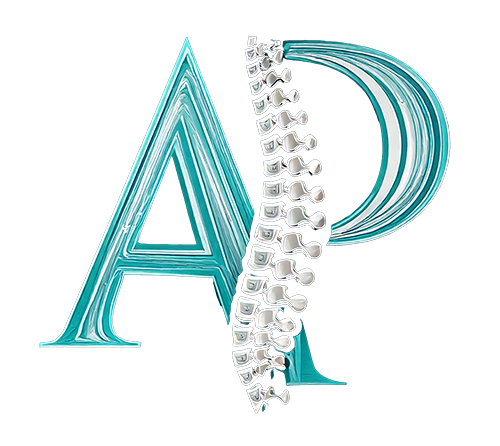Do you have Arthritis? How can you help the pain?
Arthritis is a group of inflammatory conditions, characterised by stiffness and inflammation in the joints. The two most common forms of Arthritis that we tend to hear about are Rheumatoid and Osteoarthritis. There are many other types of Arthritis however they are much less common.
Rheumatoid Arthritis is an autoimmune condition where the immune system thinks the joints are foreign tissue, and tries to attack them. It affects both sides of the body, for example both knees or shoulders.
Osteoarthritis is generally referred to as the wear and tear disease, and gets worse with age. It occurs when the tissue protecting the joint wears away over time. Whilst this can affect any joint in the body is it more commonly the knees, hips, hands and spine.
How can you help arthritic pain naturally?
Osteopathy
Many people believe that if they have arthritis no-one can help with the pain. Osteopathy is a manual therapy that can help reduce inflammation at the joints and align the body to work more efficiently thereby reducing the pressure on the joint, decreasing stiffness and reducing the pain. Treatment is aimed at improving mobility by using gentle, manual osteopathic techniques on joints, muscles and ligaments. Your osteopath may also give you advice related to your functional use of your body. The treatment is gentle and suitable for anyone.
Lose weight
Carrying extra weight can put un-due pressure onto the joints, particularly the knees, hips and spine. This in turn will increase your pain. Losing weight or keeping within an ideal weight range for your height will reduce this pressure.
Hot and cold therapy
These simple measures can make the world of difference. Having a hot bath or shower or using an electric blanket when you feel stiffness can help ease the pain. Using ice packs or cold gel when your joints feel particularly swollen or inflamed can also help.
Low Impact Exercise
Regular movement helps to maintain flexibility in your joints. Weight-bearing exercises such as running, and walking may be too much and can be damaging. However low impact exercises such as swimming or cycling can exercise the joints and decrease stiffness and pain. If you are unsure, you can visit your local health centre and speak to a gym instructor or personal trainer for advice. Alternatively your GP or Osteopath may be able to recommend where to start.
Anti-inflammatory supplements.
Omega 3 fatty acids as well as curcumin (the compound in Turmeric) have been found to reduce inflammation and help with arthritic pain. Consider taking a supplement if it is safe for you to do so, or work on adding more foods such as oily fish, flaxseed, and turmeric to your everyday cooking.
Massage
Regular massage on the muscles surrounding the joints can help drain inflammation, improve movement and reduce stiffness.

